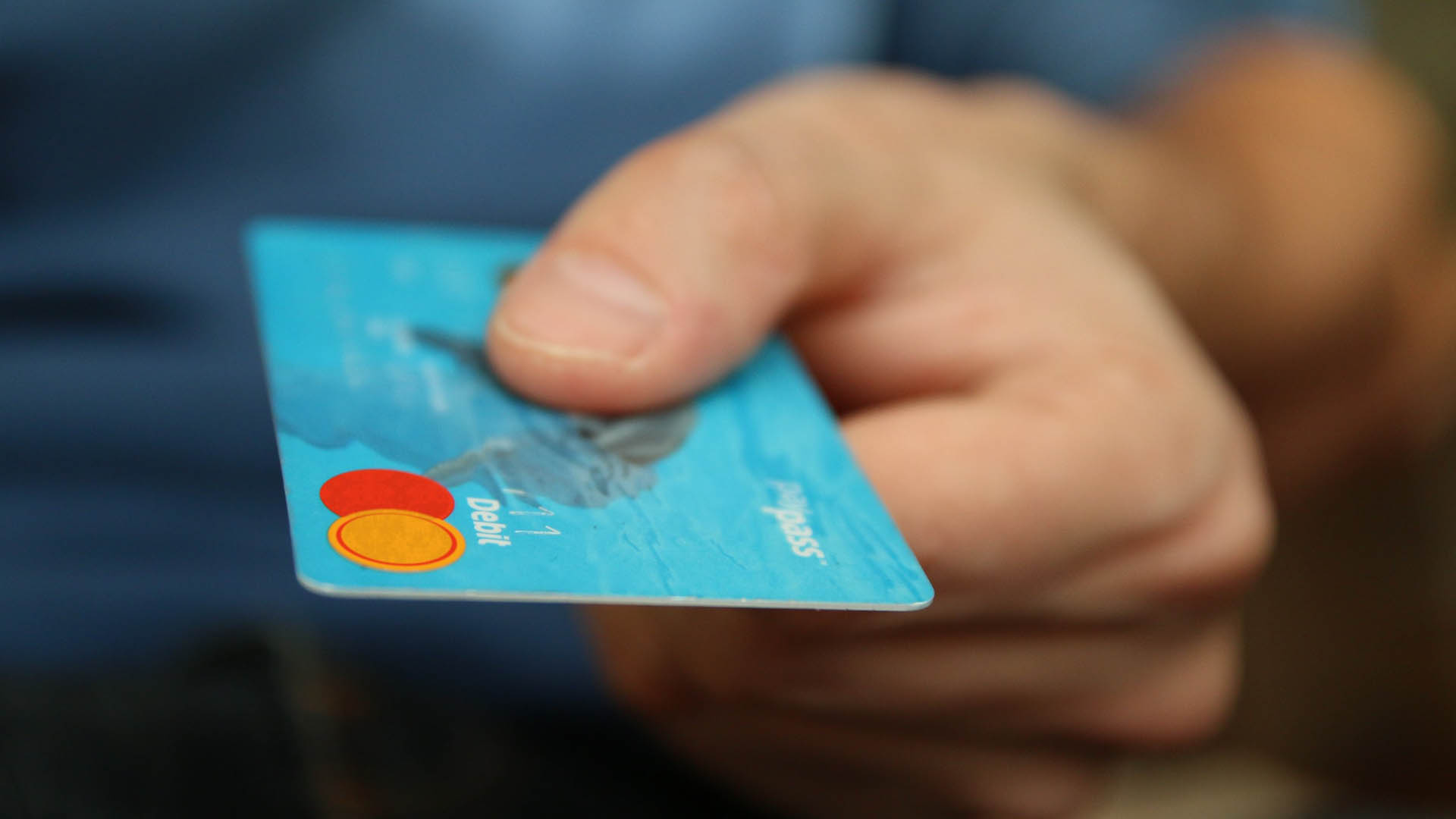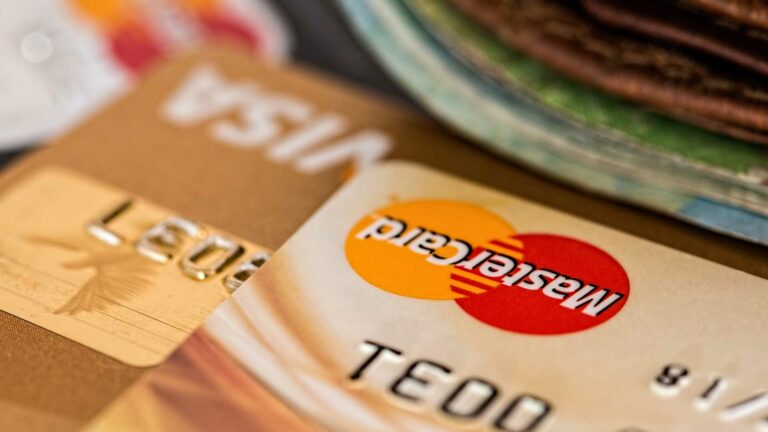|
Getting your Trinity Audio player ready...
|
Do you find yourself struggling to save money and build wealth? Are you unsure of how to make your money work for you? Many people face these same challenges, but the good news is that there are simple tips and tricks to help you bank smarter and increase your wealth.
In today’s fast-paced world, it’s easy to get caught up in the cycle of spending and debt. With so many financial options available, it can be overwhelming to know where to start. However, taking control of your finances is crucial to achieving your long-term financial goals.
By implementing a few key strategies, you can start to see your bank account grow and your financial future becomes more secure.
In this article, we’ll explore some simple tips and tricks that can help you bank smarter and increase your wealth, no matter your current financial situation.
Banking
Banking refers to the business activity of accepting and safeguarding money owned by individuals and entities and then lending or investing those funds to earn a profit.
How to bank smarter to increase your wealth
As we know, banking is not just about saving or spending money, it’s about making it work for you. And with the right strategies, you can use banking as a tool to increase your wealth. In this guide, we will explore the top tips and tricks for banking smarter, including:
1. Reevaluate your bank
Reevaluating your bank can be a smart move to help you save money and maximize your wealth. However, many customers tend to stick with the same bank for years, either because they don’t want to deal with the hassle of switching banks or because they aren’t being charged fees.
In a 2021 Bankrate survey, it was found that the average U.S. adult has had the same primary checking account for about 17 years.
One way to save money is to take a close look at the fees you’re paying and whether you can avoid them. For instance, if your bank requires a high minimum balance, consider looking for online high-yield checking accounts with lower minimums to avoid maintenance fees. Additionally, these banks often provide fee-free ATM withdrawals, along with extensive ATM networks that are convenient for both home and work.
2. Don’t assume your bank is giving you the best rate
It’s easy to assume that your bank is offering you the best possible interest rate on your funds, but this isn’t always the case. Even if you’ve been with your bank for a long time, it’s worth checking to see if there are better rates available elsewhere.
In fact, the Federal Reserve has recently hiked rates twice, after keeping them near zero for two years. As a result, some banks have increased the yields on their savings accounts and CDs, making it a good time to shop around for better rates.
One option is to consider online banks, which often offer deposit accounts that pay rates many times higher than the national average. By taking the time to compare rates, you could earn significantly more on your savings.
3. Don’t let an APY high rate fool you
When shopping for a high annual percentage yield (APY) account, it is essential to read the fine print to fully understand the terms and conditions. The account’s APY is the rate you will earn per year, and it is essential to note that it is often variable for savings and interest-bearing checking accounts. Conversely, the APY for most CDs is fixed.
Although a high APY may seem attractive, it’s important to consider the duration of the offered rate. Some banks may offer a promotional or introductory rate that is only competitive for a short period, such as a few months or a year.
Additionally, it is vital to check if a specific minimum balance is required to receive a given APY. Therefore, it is essential to read the fine print and consider these factors when shopping for a high APY account.
4. Consider a CD for a higher APY
When it comes to earning a higher APY, it’s worth considering certificates of deposit (CDs) as an option. While savings and money market accounts offer yields of up to 1.15% and 1.23%, respectively, CDs can provide even higher rates if you’re willing to lock in your money for a set term.
For instance, one-year CDs currently pay up to 1.8%, while two-year CDs offer approximately 2.5% and five-year CDs provide around 2.85%. However, it’s important to note that CDs often require a higher minimum balance than savings accounts, so make sure to check the requirements before opening an account.
Another thing to keep in mind is that withdrawing the money before the CD term is over may result in a penalty, which could eat into any interest you earned, and potentially even your principal. If you’re unsure about your financial needs and the need for liquidity, consider putting your money in a liquid savings or money market account instead.
5. Strategically plan your bank interactions
Strategically planning your interactions with your bank can save you time and hassle. If you have non-urgent matters, consider scheduling a visit to the branch instead of dropping by. This way, you can ensure that the bank’s specialist is available to assist you with your specific needs, such as applying for a mortgage. In addition, many banks offer online banking services that allow you to perform transactions quickly and easily from the comfort of your own home.
When contacting your bank’s customer service line for routine matters, it’s best to call during off-peak hours to reduce wait times. This way, you won’t have to wait on hold for a long time to get the assistance you need. Some banks also offer online chat services or email support, which can be a convenient way to resolve issues without having to wait on the phone.
Finally, consider signing up for automatic payments or direct deposit. These services can help ensure that your bills are paid on time and that your paycheck is deposited into your account without any delay. By setting up these services, you can avoid the hassle of writing checks or visiting a branch to make a deposit.
6. Communicate if you plan to close an account
Closing a bank account is a simple process, but it’s important to do it correctly to avoid any negative consequences. Many people assume that their account will automatically close once they’ve zeroed out the balance, but that’s not always the case. To ensure that your account is closed properly, it’s best to contact the bank directly.
Before closing your account, be sure to move any automatic bill payments to a new account to avoid overdraft charges. This also applies to payments you receive, such as direct deposits, Social Security payments, or pension payments. If you don’t switch these payments to a new account, you may be hit with unexpected fees and charges, which can hurt your credit and make it more difficult to open new accounts in the future.
By communicating your plans to close an account with your bank and taking the necessary steps to switch any automatic payments, you can avoid any negative consequences and make the process as smooth as possible.
7. Closing an account too soon could cost you
Closing a bank account is sometimes necessary, but it’s important to know that doing so too soon could come with a cost. There are several reasons why you might want to close an account, such as moving to a new location, switching to an online bank, or finding better rates or a sign-up bonus elsewhere. However, it’s important to know if there is a penalty for closing your current account.
Some banks charge a fee if you close your account soon after establishing it. For example, KeyBank and Regions Bank charge a $25 early closure fee if you close your account within 180 days of opening it. Before closing an account soon after opening it, read the fine print to check for any such fees. In some cases, it might be better to wait until the designated time frame ends, while opening a new account elsewhere in the meantime.
It’s also important to note that you should never assume that your bank will automatically close an account with a zero balance. Always contact the bank to ensure the account is closed properly, and make sure to move any automatic bill payments over to a new account before closing the old one.
Failure to close an account with a zero balance could result in overdraft charges if automatic bill payments haven’t been stopped, which can ultimately hurt your credit and make it more difficult to open other accounts.
8. Consider keeping your money in multiple banks
Having accounts at both a brick-and-mortar bank and an online bank can offer the best of both worlds. For those who prefer in-person assistance with banking needs, brick-and-mortar banks are a go-to option. They also have more robust ATM networks, giving access to cash both locally and internationally.
However, a downside to traditional banks is that they often don’t pay a competitive yield on deposit accounts. A savings account in a traditional bank may only pay an APY of 0.01%, while an online bank can pay up to 1.15% on a high-yield online savings account. Therefore, it can be a smart move to have an online account as a complement to a branch account.
By having accounts at both types of banks, you can take advantage of the strengths of each. Use your brick-and-mortar bank for in-person transactions, and for the convenience of local ATMs. Meanwhile, use an online bank to earn higher yields on deposit accounts. This way, you can access your money whenever and wherever you need it while making the most out of your savings.
9. Don’t forget about that card you never use
It’s common to have a credit card that goes unused for long periods of time. However, closing such a card could lower your credit utilization ratio, which in turn could hurt your FICO score. Unfortunately, some banks may close a credit card if it isn’t used frequently enough.
One solution to prevent the bank from closing the credit card is to set up a recurring charge, such as a gym membership or insurance payment, on the card. This way, the bank sees that the card is active and has a purpose.
It’s also possible that you don’t use your debit or ATM card frequently anymore. With cash-only transactions becoming less common, using your debit card for purchases might mean missing out on credit card cash back and points. However, making a withdrawal or purchase every couple of months with your debit card may be enough to keep the bank from closing it.
It’s important to note that while keeping an unused credit card open can be beneficial for your credit utilization ratio, it’s still important to monitor the card for fraudulent activity or annual fees. In some cases, it may be better to close the card and take the hit to your credit utilization ratio if it’s costing you more in fees than the potential impact on your credit score.
10. Keep your bank account active
It’s important to keep your bank account active to avoid the possibility of closure by the bank, as well as the risk of incurring a dormant account fee. While each bank has its own policy on account activity requirements, it’s generally recommended to use your account at least once every few months. Remember that even small, recurring deposits into a savings account can add up over time.
If you have an account that has gone dormant, it may have been sent to your state as abandoned or unclaimed property. To avoid this, make sure to provide your bank with an up-to-date address so it can contact you if your account becomes inactive or dormant.
Leaving money in an old account that isn’t being used could also result in a yield that isn’t keeping up with inflation. Moreover, your account may be incurring a dormant or inactive fee, which could eat into your savings. So, it’s best to keep your account active by making regular deposits or transactions, and to keep an eye on any fees or changes in account policies.
11. Let your bank know when you’re traveling
When you’re planning a trip, it’s important to let your bank know when and where you’ll be traveling to prevent any inconvenience while you’re away. Nothing can be more frustrating than having your debit or credit card declined while trying to make a purchase or withdraw money while on vacation.
Different banks may have different policies, but it’s always best to err on the side of caution and notify your bank of your travel plans to ensure that your transactions go through without any issues. Some banks allow you to report your travel plans through their app, while others require you to call their customer service line to inform them of your travel dates and destinations.
Letting your bank know about your travel plans can also help protect you against fraud. When your bank is aware of where you are, they can more easily identify any transactions that seem out of place, such as a transaction made in a location that you haven’t reported as part of your travels.
12. Budgeting can help you save money
Budgeting is an essential tool for achieving your savings goals, as it provides a roadmap to help you get there. To create a budget, you need to know how much you spend and what you’re spending it on. This analysis can help you identify areas where you can trim your expenses, such as recurring payments for services you no longer use. Annual fees, subscription fees, and automated purchases can add up over time and eat away at your budget.
To start saving on a budget, you can use Bankrate’s home budget calculator, which allows you to input your income and expenses. This tool can help you determine your monthly savings potential by identifying areas where you can cut back on spending.
Additionally, budgeting apps like Mint, PocketGuard, and YNAB can help automate the process, categorize your spending, and track your progress toward your goals.
Once you have a budget in place, it’s essential to stick to it. One way to help yourself stay on track is to set up automatic transfers to your savings account. This way, you won’t be tempted to spend the money you intend to save. You can also review your budget regularly to ensure it’s still working for you and make adjustments as needed. By sticking to your budget and making saving a priority, you can achieve your financial goals and build a more secure future.
Start Financing
Financing business equipment can offer a variety of benefits that extend beyond the convenience of using the latest technology. By opting for equipment financing, you can enhance your cash flow, increase productivity, and save money in the long run.
The option to finance equipment can also open up opportunities for businesses to purchase state-of-the-art equipment, customized to meet specific needs. Moreover, financing can lead to tax benefits and help to build business credit, which can prove valuable in the long run.
Don’t let equipment costs hold back your business’s growth potential. Instead, consider exploring equipment financing options and find a solution that suits your business’s specific needs. By doing so, you can optimize your cash flow, maximize your ROI, and stay on top of industry demands. With equipment financing, your business can thrive and reach new heights of success.







